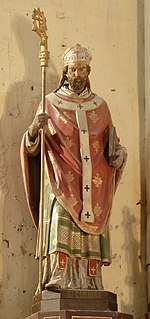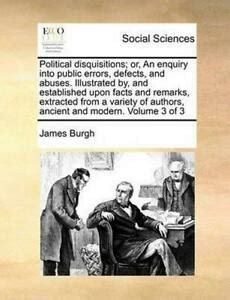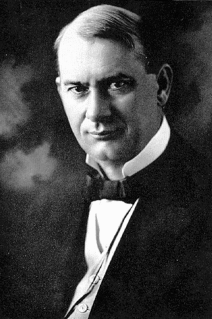A Quote by Mary Wollstonecraft
What, but the rapacity of the only men who exercised their reason, the priests, secured such vast property to the church, when a man gave his perishable substance to save himself from the dark torments of purgatory.
Related Quotes
What, but the rapacity of the only men who exercised their reason, the priests, secured such vast property to the church, when a man gave his perishable substance to save himself from the dark torments of purgatory; and found it more convenient to indulge his depraved appetites, and pay an exorbitant price for absolution, than listen to the suggestions of reason, and work out his own salvation: in a word, was not the separation of religion from morality the work of the priests...?
A person may say I am not much concerned how long I stay in purgatory, provided I may come to eternal life. Let no one reason thus. Purgatory fire will be more dreadful than whatever torments can be seen imagined, or endured in this world. He who is afraid now to put his finger into the fire, does he not fear lest he be then all buried in torments for a long time?
As property, honestly obtained, is best secured by an equality of rights, so ill-gotten property depends for protection on a monopoly of rights. He who has robbed another of his property, will next endeavor to disarm him of his rights, to secure that property; for when the robber becomes the legislator he believes himself secure.
While we destroyed the Centre Party, we have not only brought thousands of priests back into the Church, but to millions of respectable people we have restored their faith in their religion and in their priests. The union of the Evangelical Church in a single Church for the whole Reich, the Concordat with the Catholic Church, these are but milestones on the road which leads to the establishment of a useful relation and a useful co operation between the Reich and the two Confessions.
And there is no difference, in principle - but only in degree - between political and chattel slavery. The former, no less than the latter, denies a man's ownership of himself and the products of his labor; and asserts that other men may own him, and dispose of him and his property, for their uses, and at their pleasure.
[A] republic . . . [is] a government, in which the property of the public, or people, and of every one of them was secure and protected by law . . . implies liberty; because property cannot be secured unless the man be at liberty to acquire, use or part with it, at his discretion, and unless he have his personal liberty of life and limb, motion and rest, for that purpose.
Ownership by delegation is a contradiction in terms. When men say, for instance (by a false metaphor), that each member of the public should feel himself an owner of public property-such as a Town Park-and should therefore respect it as his own, they are saying something which all our experience proves to be completely false. No man feels of public property that it is his own; no man will treat it with the care of the affection of a thing which is his own.
No kingdom can be secured otherwise than by arming the people. The possession of arms is the distinction between a freeman and a slave. He, who has nothing, and who himself belongs to another, must be defended by him, whose property he is, and needs no arms. But he, who thinks he is his own master, and has what he can call his own, ought to have arms to defend himself, and what he possesses; else he lives precariously, and at discretion.
[Man] is the only animal who lives outside of himself, whose drive is in external things—property, houses, money, concepts of power. He lives in his cities and his factories, in his business and job and art. But having projected himself into these external complexities, he is them. His house, his automobile are a part of him and a large part of him. This is beautifully demonstrated by a thing doctors know—that when a man loses his possessions a very common result is sexual impotence.
The only way your powers can become great is by exerting them outside the circle of your own narrow, special, selfish interests. And that is the reason of Christianity. Christ came into the world to save others, not to save himself; and no man is a true Christian who does not think constantly of how he can lift his brother, how he can assist his friend, how he can enlighten mankind, how he can make virtue the rule of conduct in the circle in which he lives.





































